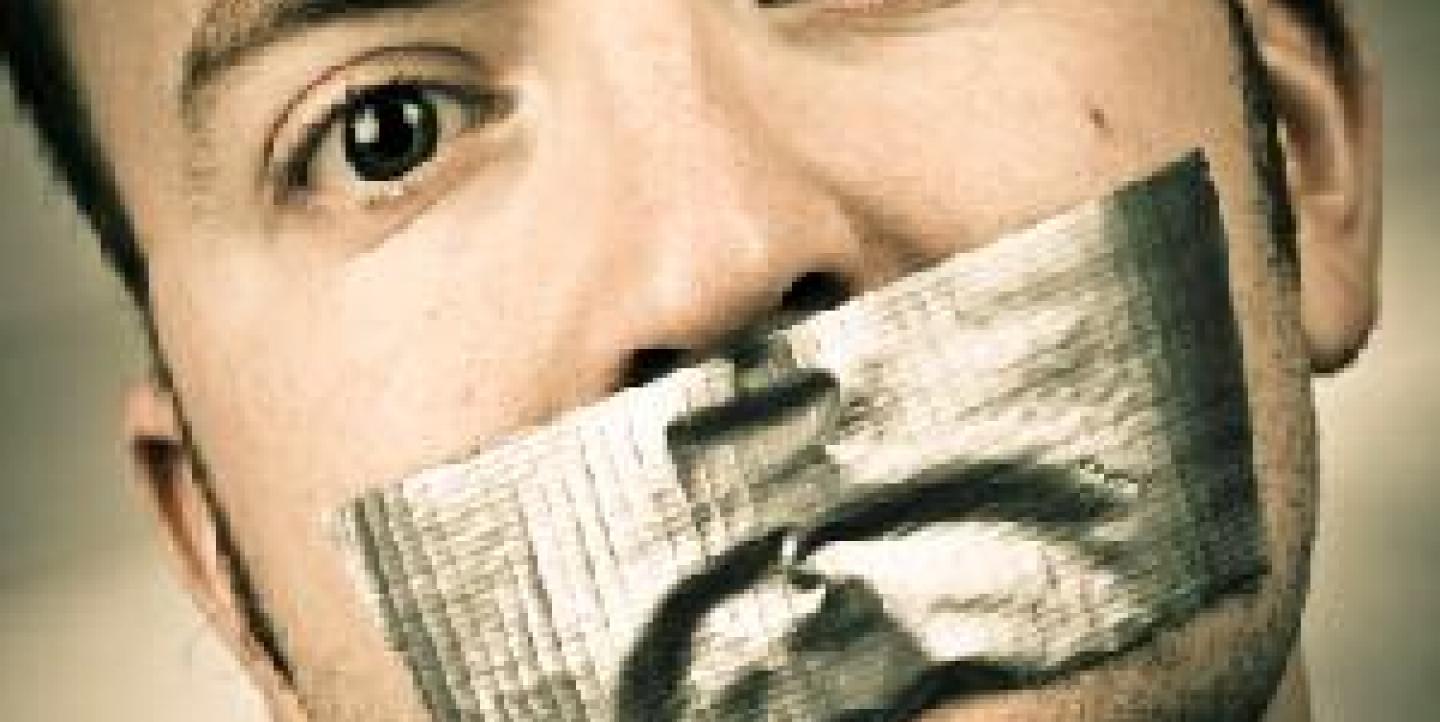Journalists' freedoms in Fiji have come under fire as a result of a recent media decree which forbids media outlets from broadcasting "against the public order" and creates a government-appointed tribunal to field complaints. The decree also mandates that 90 percent of newspaper shareholders be Fijian residents and citizens. According to the press freedom watchdog organization the Committee to Protect Journalists, this clause is directed at the country's oldest and largest English daily newspaper, The Fiji Times. The paper, which is owned by the Australian company News Limited, is likely being targeted for criticizing the military government and for reporting on Prime Minister Frank Bainimarama’s failure to uphold his promise of democracy. After the decree was issued, the newspaper was given a three-month deadline in which to divest its ownership, or be shut down.
In an article published in the Times, News Limited argues that the paper’s involvement in Fiji has been extremely beneficial to the country, providing both jobs and global training opportunities for local journalists and editors. As a last-ditch effort to sell the paper, its owners requested a deadline extension, which the government recently denied.
With the Times on the brink of closure and the media environment increasingly oppressive, Fijian journalists have been forced to reconsider how to uphold journalistic principles while under censorship. At a recent Pacific Media Partnership Committee meeting, Stanley Simpson, news editor of Fiji Broadcasting Corporation, gave a speech about journalism ethics. In the speech, Simpson raises these ethical questions that are relevant to any journalist operating under a restricted media environment:
Can a media organization remain independent in an environment that seemingly mandates pro-government or anti-government reporting? At what point are journalists obligated to cede their moral ground in order to serve the public interest? To what degree must news organizations practice self-censorship?

